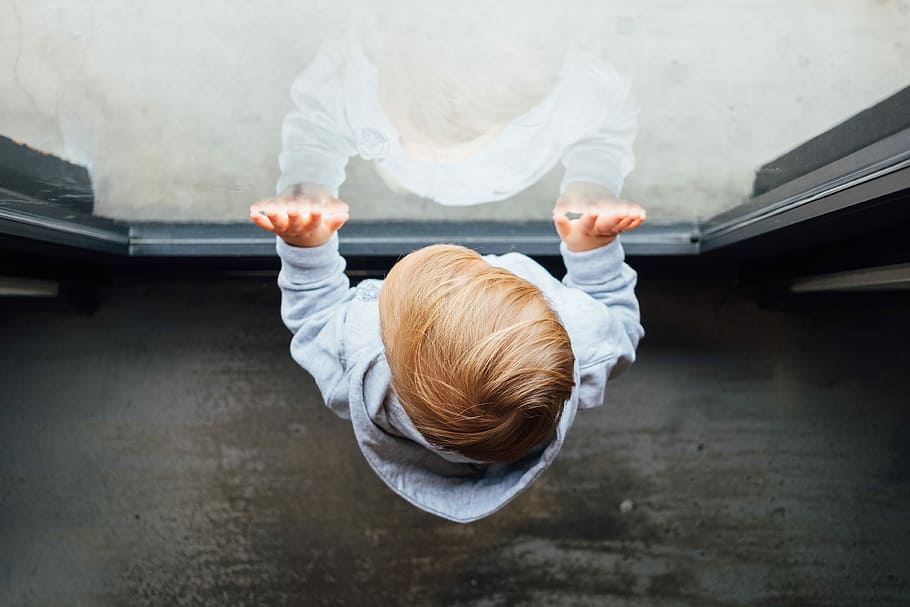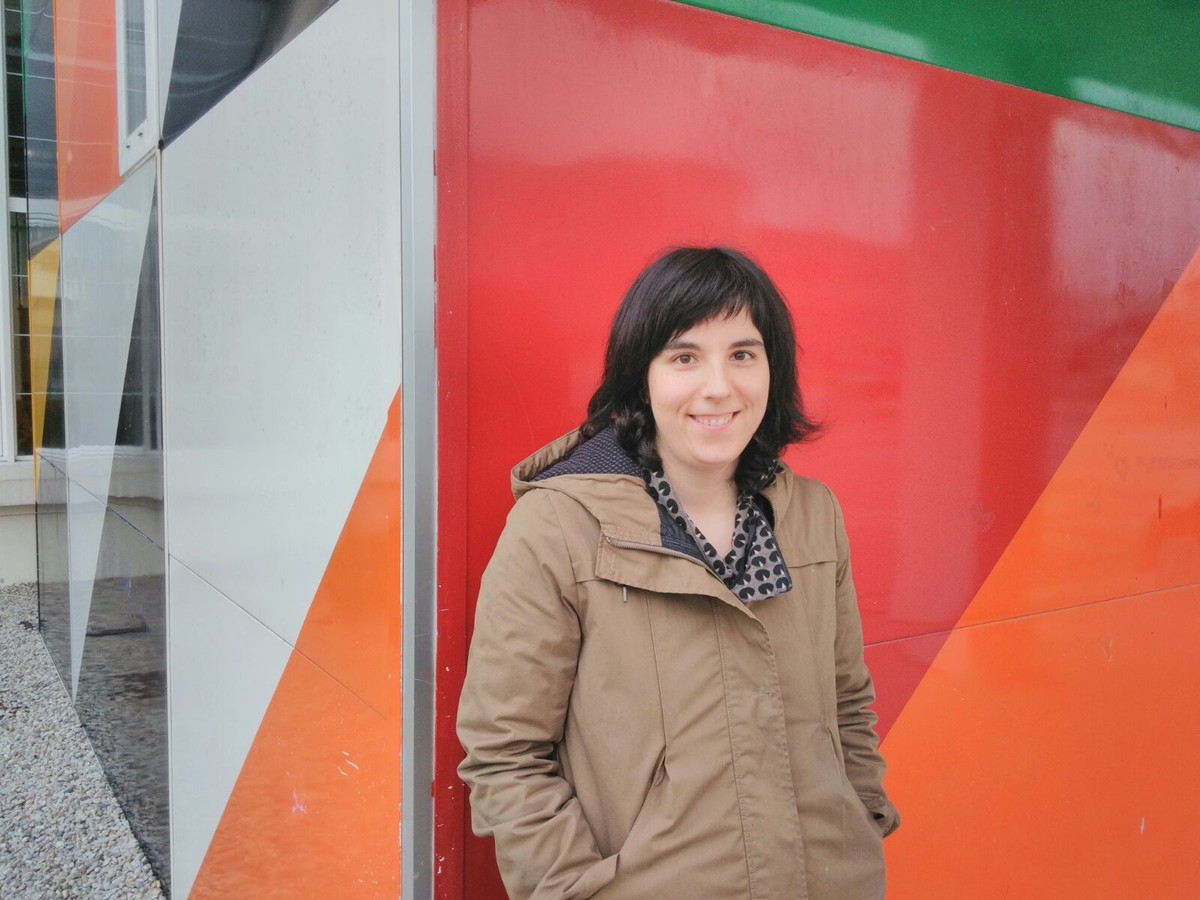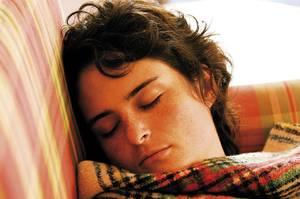Text written in Basque and translated automatically by Elia without any subsequent editing. SEE ORIGINAL
The forgotten emotions
2020/04/04 Galarraga Aiestaran, Ana - Elhuyar Zientzia Iturria: Elhuyar aldizkaria
Published in Berria on March 28, 2020
 400
On March 14, the medical journal The Lancet published a study on the psychological effects of isolation. The goal of confinement in Spain was on the eve and three days later in France.The goal of confinement is that health services should not be met, that the patients crowned should not be more attended in hospitals and intensive care units. The preventive measures taken previously have also had as a priority the protection of physical health: washing hands and surfaces, not touching the face, leaving room among people… However, the study of The Lancet reveals that the isolation and quarantine established to care for physical health have psychological consequences. In addition, episodes of isolation or SARS, MERS, Ebola, H1N1 flu or equine flu have been investigated and have shown that people who were in this situation had more psychological problems than the rest: stress, emotional alterations, depression, anxiety, aumatic stress, anger, lack of space to care for health. It is a significant vacuum, according to Nahia Idoiaga, a doctor in psychology of Mondragon, since the pandemic is having a significant impact on the emotions of citizens. With the crisis of covid-19 he realizes that his university students were altered. Thus, he decided to measure the emotional impact of the epidemic, even after the closure of schools, both in the students and in the rest of the adult population.He has collected and analyzed data of about a thousand people and three are the dominant emotions: fear, anger and tiredness. It emphasizes that the impact is greater in young people than in adults, although the latter are objectively the most vulnerable to the most serious health effects. It has not been so in other previous plagues. This is due to the bombardment suffered by young people through social networks and digital media. Another difference is the appearance of new villains, such as the neighbor who leaves home without being considered essential or who makes a journey too long with the dog. The authorities do not appear as responsible and the media are considered the main responsible for stress and anxiety. On the other hand, women express more than men their emotions. Idoiaga has denounced that when implementing the confinement they have forgotten the most vulnerable groups: children, people with psychic alterations and people with reduced mobility. It is not understandable to make an exception with dogs and not with people with special needs. And he has claimed the right to be sick of the situation and to be critical. And it is that, according to the image that is spread on social networks, it seems that society has accepted without problems the situation and is satisfied enjoying the tenderness of the house, doing the activities that it likes and taking to the balcony. But reality is not so beautiful, and that is also healthy. Health is not only physical, but also psychic and social.
400
On March 14, the medical journal The Lancet published a study on the psychological effects of isolation. The goal of confinement in Spain was on the eve and three days later in France.The goal of confinement is that health services should not be met, that the patients crowned should not be more attended in hospitals and intensive care units. The preventive measures taken previously have also had as a priority the protection of physical health: washing hands and surfaces, not touching the face, leaving room among people… However, the study of The Lancet reveals that the isolation and quarantine established to care for physical health have psychological consequences. In addition, episodes of isolation or SARS, MERS, Ebola, H1N1 flu or equine flu have been investigated and have shown that people who were in this situation had more psychological problems than the rest: stress, emotional alterations, depression, anxiety, aumatic stress, anger, lack of space to care for health. It is a significant vacuum, according to Nahia Idoiaga, a doctor in psychology of Mondragon, since the pandemic is having a significant impact on the emotions of citizens. With the crisis of covid-19 he realizes that his university students were altered. Thus, he decided to measure the emotional impact of the epidemic, even after the closure of schools, both in the students and in the rest of the adult population.He has collected and analyzed data of about a thousand people and three are the dominant emotions: fear, anger and tiredness. It emphasizes that the impact is greater in young people than in adults, although the latter are objectively the most vulnerable to the most serious health effects. It has not been so in other previous plagues. This is due to the bombardment suffered by young people through social networks and digital media. Another difference is the appearance of new villains, such as the neighbor who leaves home without being considered essential or who makes a journey too long with the dog. The authorities do not appear as responsible and the media are considered the main responsible for stress and anxiety. On the other hand, women express more than men their emotions. Idoiaga has denounced that when implementing the confinement they have forgotten the most vulnerable groups: children, people with psychic alterations and people with reduced mobility. It is not understandable to make an exception with dogs and not with people with special needs. And he has claimed the right to be sick of the situation and to be critical. And it is that, according to the image that is spread on social networks, it seems that society has accepted without problems the situation and is satisfied enjoying the tenderness of the house, doing the activities that it likes and taking to the balcony. But reality is not so beautiful, and that is also healthy. Health is not only physical, but also psychic and social.

eu es fr en ca gl
Gai honi buruzko eduki gehiago
Elhuyarrek garatutako teknologia





